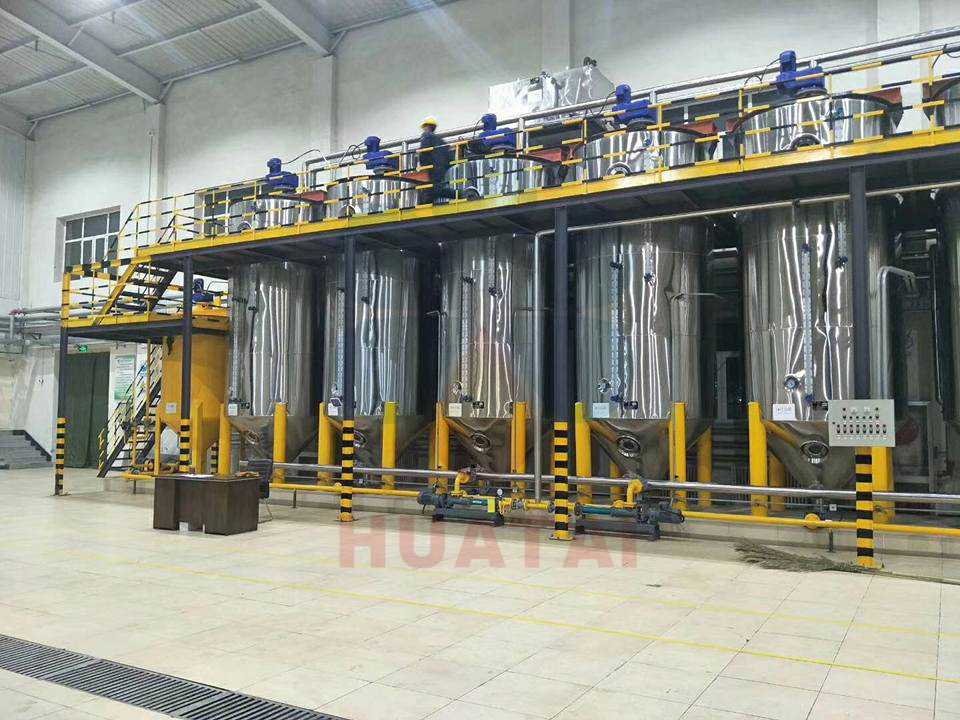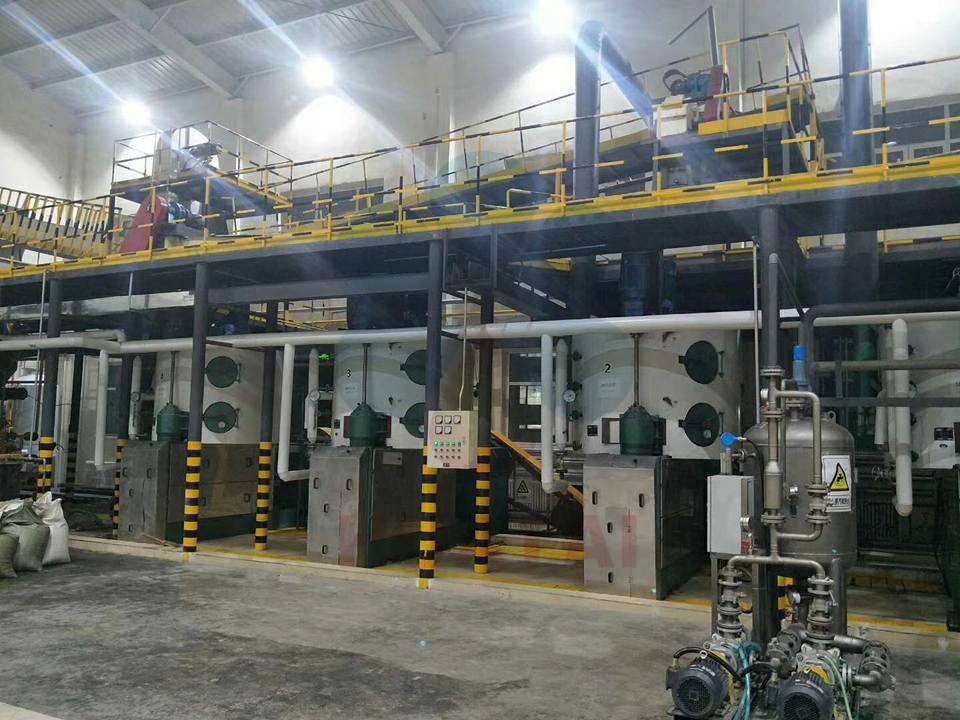Cold-pressed oil refers to an oil extraction method where oilseeds are not subjected to high-temperature treatments like steaming or roasting before pressing. The seeds are pressed at room temperature or slightly above, and the material temperature remains relatively low during the pressing process. This study focuses on the direct cold-pressing of unpeeled rapeseed.
Cold-pressing helps preserve the physiologically active substances naturally present in the oilseeds and avoids the formation of harmful substances caused by the denaturation of oils, proteins, carbohydrates, and lipids during high-temperature pressing.

Rapeseed, especially double-low rapeseed, is rich in α-tocopherol and phytosterols, including brassicasterol, which is unique to rapeseed. α-Tocopherol is the component of Vitamin E (VE) with higher biological efficacy, while phytosterols are believed to help lower low-density lipoprotein (LDL) cholesterol. These components are heat-sensitive to varying degrees and can be fully retained only through cold-pressing.
Common rapeseed oil processing primarily includes steps like cleaning the raw seeds, flaking, cold pressing, and filtration. Since cold-pressing does not involve high-temperature heat treatment, the oil yield from rapeseed pressing is relatively low. Flaking alters the structural morphology of the oilseeds, increasing their contact area with the equipment, which facilitates oil extraction during pressing.
To improve cold-pressing efficiency and increase oil yield, a portion of the cold-pressed cake should be recirculated and pressed again. The amount recirculated should be appropriately controlled based on production conditions. Increasing the recirculation amount can reduce the oil content in the final cake and improve the cold-press oil yield, but it reduces production capacity and darkens the oil color. Reducing the recirculation amount increases production capacity and lightens the oil color, but it decreases the cold-press oil yield, increases the residual oil in the cake, makes the cake structure looser, increases powderiness, and adversely affects subsequent solvent extraction processes. Generally, the recirculation amount can be controlled at about 1/3 of the total cold-pressed cake.
When cold pressing, the seed flakes can be preheated appropriately using the steamer of the press. This can improve the cold-press oil yield and reduce the amount of cake recirculation needed. However, oil color is highly sensitive to the pressing temperature: as temperature increases, the oil color darkens significantly, and the content of colloidal impurities like phospholipids in the oil also increases. When the pressing temperature rises above 60°C, the oil color becomes indistinguishable from that of hot-pressed oil. Therefore, to produce light-colored, high-quality cold-pressed oil, the seed flakes should ideally not be preheated before pressing. The quality indicators of cold-pressed rapeseed oil, particularly color and phosphorus content, are closely related to the cold-pressing temperature. As temperature increases, both color and phosphorus content increase. Pressing temperatures above 60°C or excessively high temperatures within the press barrel prevent the production of high-quality cold-pressed oil.

For equipment selection, screw cold presses can be used. The double-screw cold press produced by Huatai Grain and Oil Machinery features a high degree of automation, high processing efficiency, and high oil yield. It is very suitable for cold-pressing edible oils and is widely used in oil mills for cold-pressing production.
Due to the low pressing temperature, phospholipids and pigments find it difficult to enter the oil. Consequently, cold-pressed oil has a lighter color and very low phospholipid content. It requires only mechanical filtration and no chemical refining to meet national standards. However, the acid value and peroxide value of the oil are related to the freshness of the raw material. Severely moldy or deteriorated rapeseed is not suitable for producing cold-pressed oil. Strict control over raw material quality and all production stages is necessary during manufacturing.Cold-pressed rapeseed oil fully retains the heat-sensitive α-tocopherol and phytosterols, giving it high nutritional value.
Huatai Oil Machinery provides good quality oil mill plant, time & fast delivery, perfect after-sale services, and reasonable price, contact us!
Website: https://www.huataioilmachine.com/Copyright @ Henan Huatai Cereals And Oils Machinery Co.,Ltd.